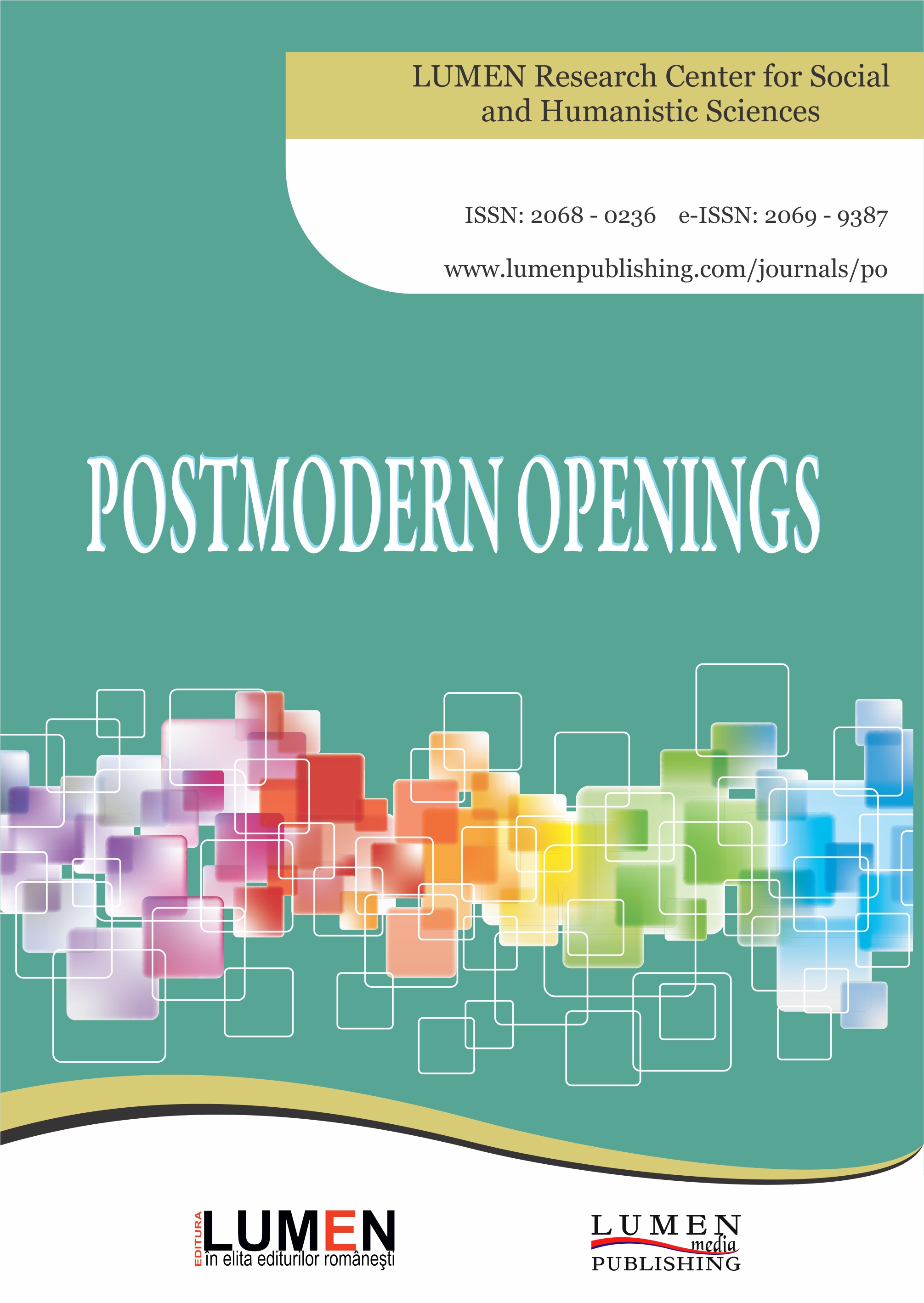A Linguistic and Philosophical Analysis of Anthropological Paradigms
A Linguistic and Philosophical Analysis of Anthropological Paradigms
Author(s): Yurii Stezhko, Vira Drabovska, Liudmyla Gusak, Elina Koliada, Ilona Derik, Svitlana HrushkoSubject(s): Philosophy of Science
Published by: Editura Lumen, Asociatia Lumen
Keywords: individual; methodology; method;freedom;responsibility;arbitrariness; interest; education;
Summary/Abstract: The article justifies the need to involve philosophy in specific scientific research due to the ineffectiveness of verbal-and-figurative models and the inadequacy of character education. Indeed, philosophy can increase their theoretical and applied effectiveness in the long-term methodological perspective. The article shows the wrong side of limitations in specific scientific research imposed by an interdisciplinary methodology. It points out to the disadvantages of applying interdisciplinary methods in psycholinguistics, such as analysis synthesis, induction and deduction. The article expands the range of their understanding to achieve a higher level of reliability. Besides, it proves the inadequacy of conclusions obtained mainly from superficial empirical studies without revealing and analyzing their main causes, it being a violation of the determinism principle. It substantiates the need to comply with methodological principles of objectivity and systematicity while analyzing the concepts of the humanities block. If one ignores these principles, it can lead to eсlecticity and, hence, the inefficiency of specific scientific research. The effectiveness of methodological principles in psycholinguistics is shown through a consistent analysis of freedom as a philosophical category, as well as a gradual analysis of the links between such concepts as freedom - responsibility, freedom - arbitrariness - responsibility, freedom - interest - arbitrariness.
Journal: Postmodern Openings
- Issue Year: 12/2021
- Issue No: 1Sup1
- Page Range: 287-301
- Page Count: 15
- Language: English

